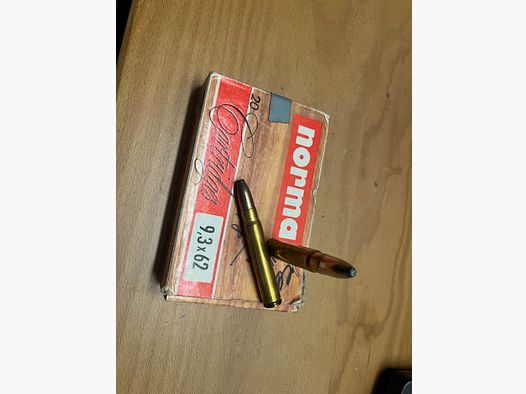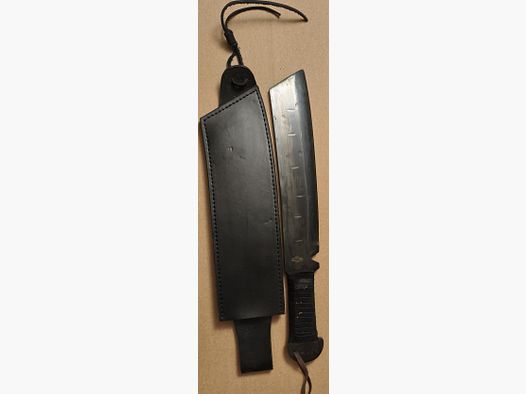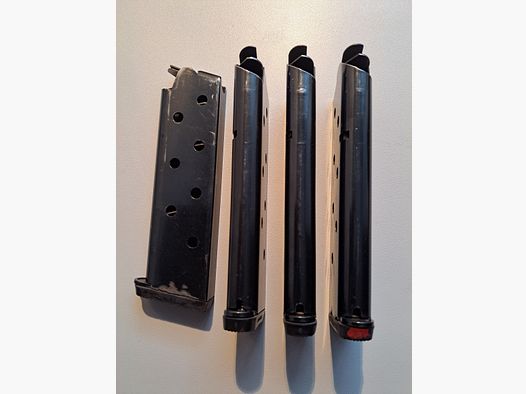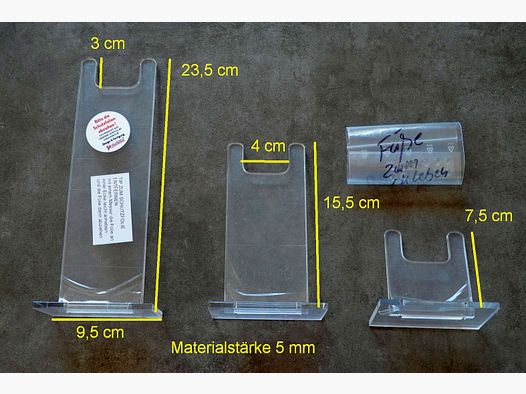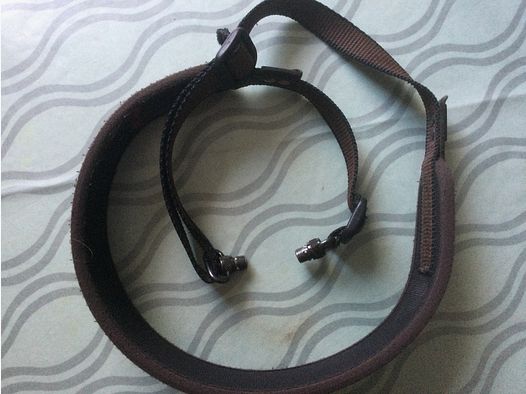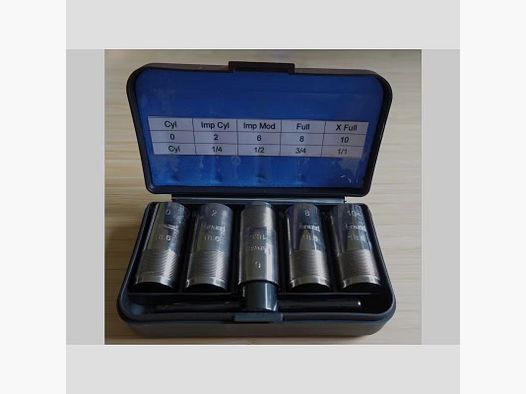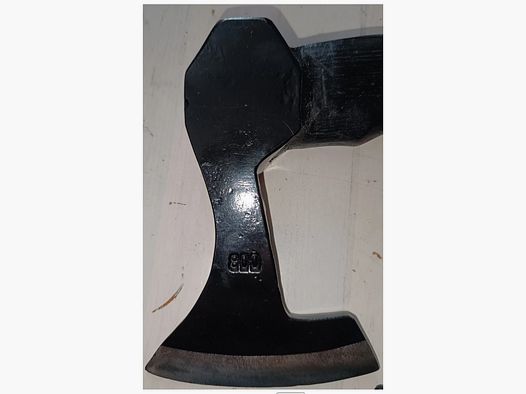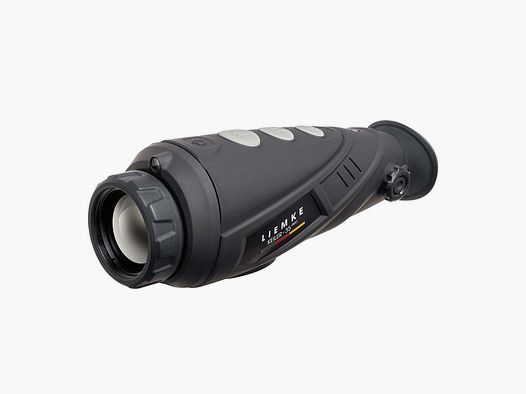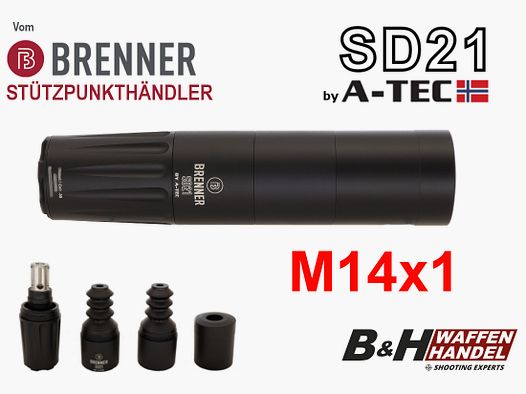A puppy goes through various developmental stages, and one of them is the tooth replacement. In this article, we would like to take a closer look at how the tooth replacement process occurs in a puppy and what measures owners can take to provide relief to the puppy during this time.
The Milk Teeth in Puppies
At birth, a puppy is toothless, and it takes some time for the first teeth to appear. Generally, puppies do not have teeth in the first few weeks of life. This has the advantage that nursing from the mother is easier and does not cause her any pain.
After about two to four weeks, the first teeth, known as milk teeth, begin to break through the gums in the puppy. The term "milk teeth" has been in use for many millennia. As early as 2500 years ago, Hippocrates theorized that the first teeth of a living being are formed from the mother's milk. Therefore, the term "milk teeth" has persisted to this day.
By about five to six weeks, most puppies have all their milk teeth in their mouths. At this time, they also begin to get accustomed to solid food and wean off their mother's milk. The puppies start eating their first puppy food and explore their surroundings with their new teeth. They still need to learn how hard they can bite without causing pain. Due to their sharp milk teeth, puppy bites can be uncomfortable. It is advisable to place only items nearby that can be chewed on if necessary. Chewing on soft chew bones can make the tooth replacement process more pleasant and promote the development of the chewing muscles.
The Tooth Replacement in Puppies
At around 12 weeks, the tooth replacement begins in most dogs. The milk teeth gradually fall out and are replaced by the permanent teeth. Owners may occasionally find the small, sharp milk teeth in the basket or around the house. Some puppies hardly feel the tooth replacement, while others suffer from pressure sensations and pain in their jaws as the larger permanent teeth push through the gums. In some cases, accompanying symptoms such as fever, diarrhea, loss of appetite, or increased drooling may occur. By about seven months, most dogs have completed the tooth replacement and proudly present a strong set of teeth.
Relief During Teething
When a puppy is going through tooth replacement, certain measures can help provide relief. Here are some aids that can bring comfort to the puppy (and the owner) during this time:
Soft Food with High Mineral Content
During tooth replacement, inflammation in the mouth can occur, so the food for the puppy should be soaked. Hard food can cause additional pain. Treats should also be soft. A high calcium content in the food promotes the development of the teeth and supports the tooth replacement process.
Cooling
Cold can reduce swelling and thus make the pain during tooth replacement more bearable. Many chew rings can be safely placed in the freezer. The icy toy cools the irritated gums when chewed on. Dog ice can also provide welcome relief during tooth replacement.
Chew Bones and Chew Toys
During tooth replacement, puppies like to chew on everything they find. Chew bones and chew toys should therefore always be available in the puppy's basket so that it can satisfy its chewing needs.
Avoid Tug-of-War Games
During tooth replacement, tug-of-war games should be avoided, as they can worsen swelling and inflammation in the mouth. Fetching can also further irritate the gums. Instead, search or intelligence games should be preferred during this time. However, chewing on tug toys can provide relief to the puppy, so tug ropes are not completely off-limits.
Consult a Veterinarian
If a puppy suffers unusually during tooth replacement or if accompanying symptoms occur, it is advisable to consult a veterinarian. The veterinarian can check the condition of the teeth and recommend further treatment steps if necessary.
The tooth replacement in a puppy is a natural developmental step and can be accompanied by various complaints. Owners should provide relief to their puppy during this time by offering soft food with high mineral content, enabling cooling through cold toys, providing chew bones and chew toys, and avoiding tug-of-war games. In case of severe discomfort, a veterinarian should be consulted to ensure appropriate treatment. With the right care and attention, owners can help make the tooth replacement process as pleasant as possible for their puppy, allowing it to grow up with a healthy set of teeth.



